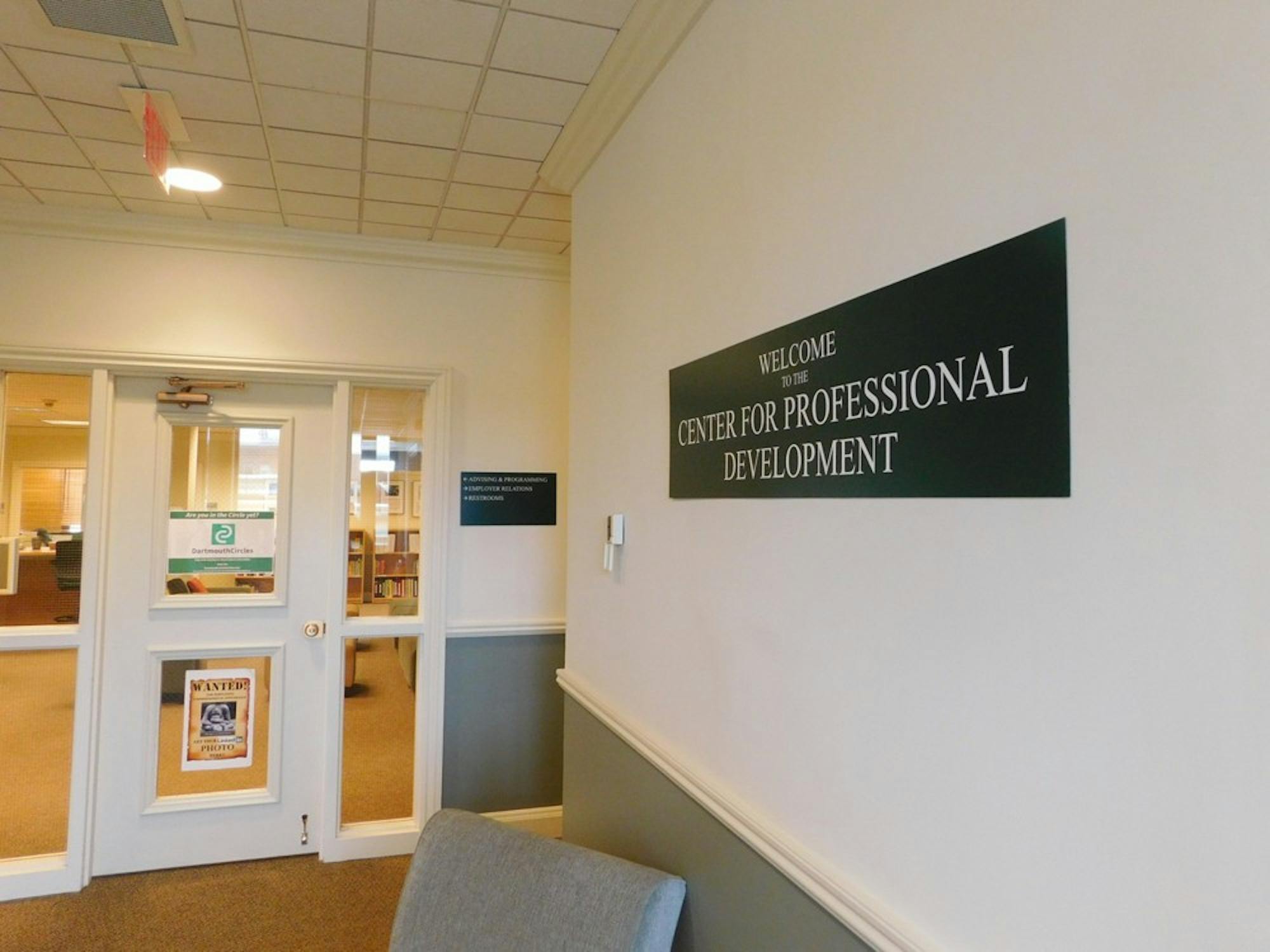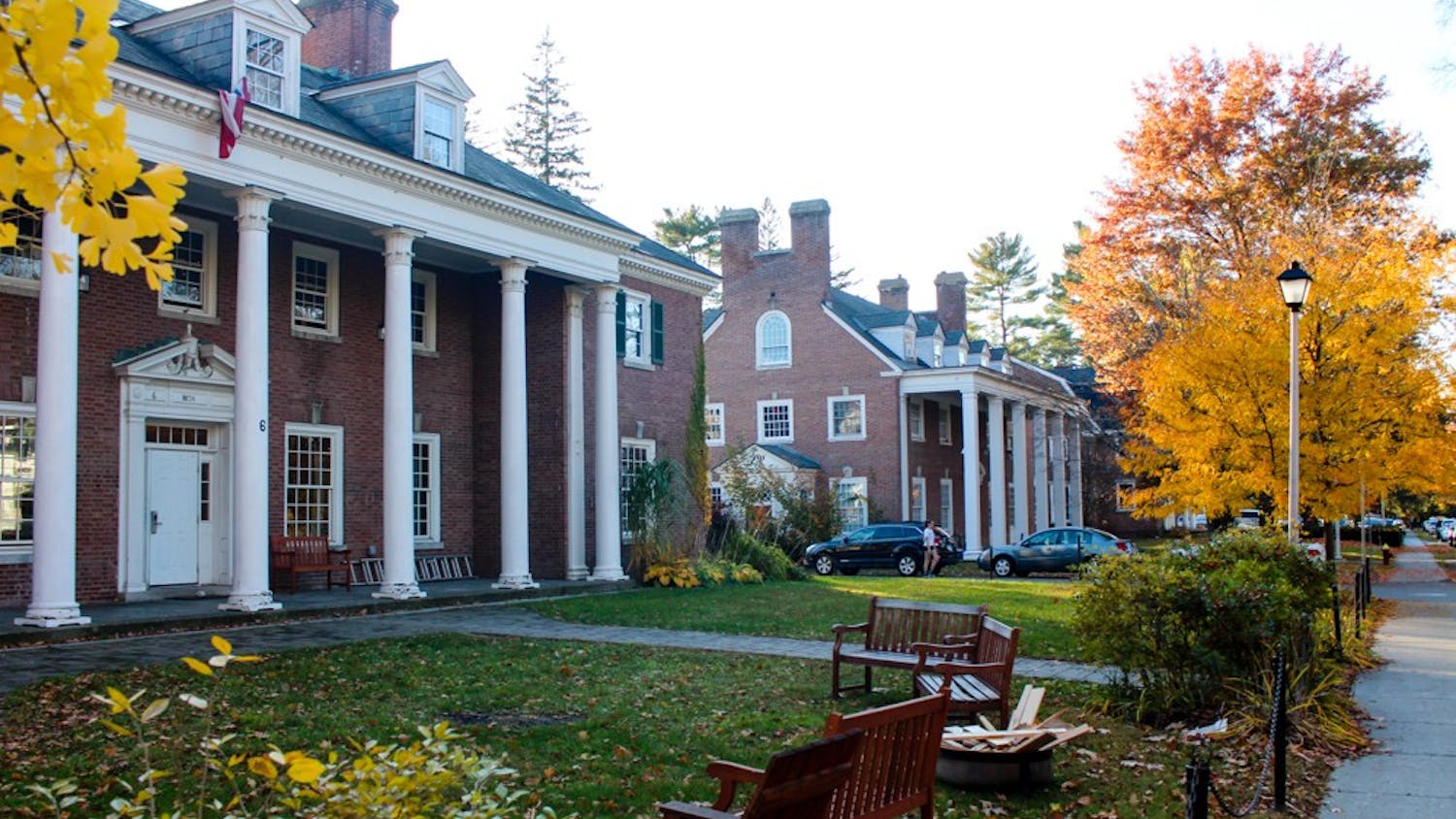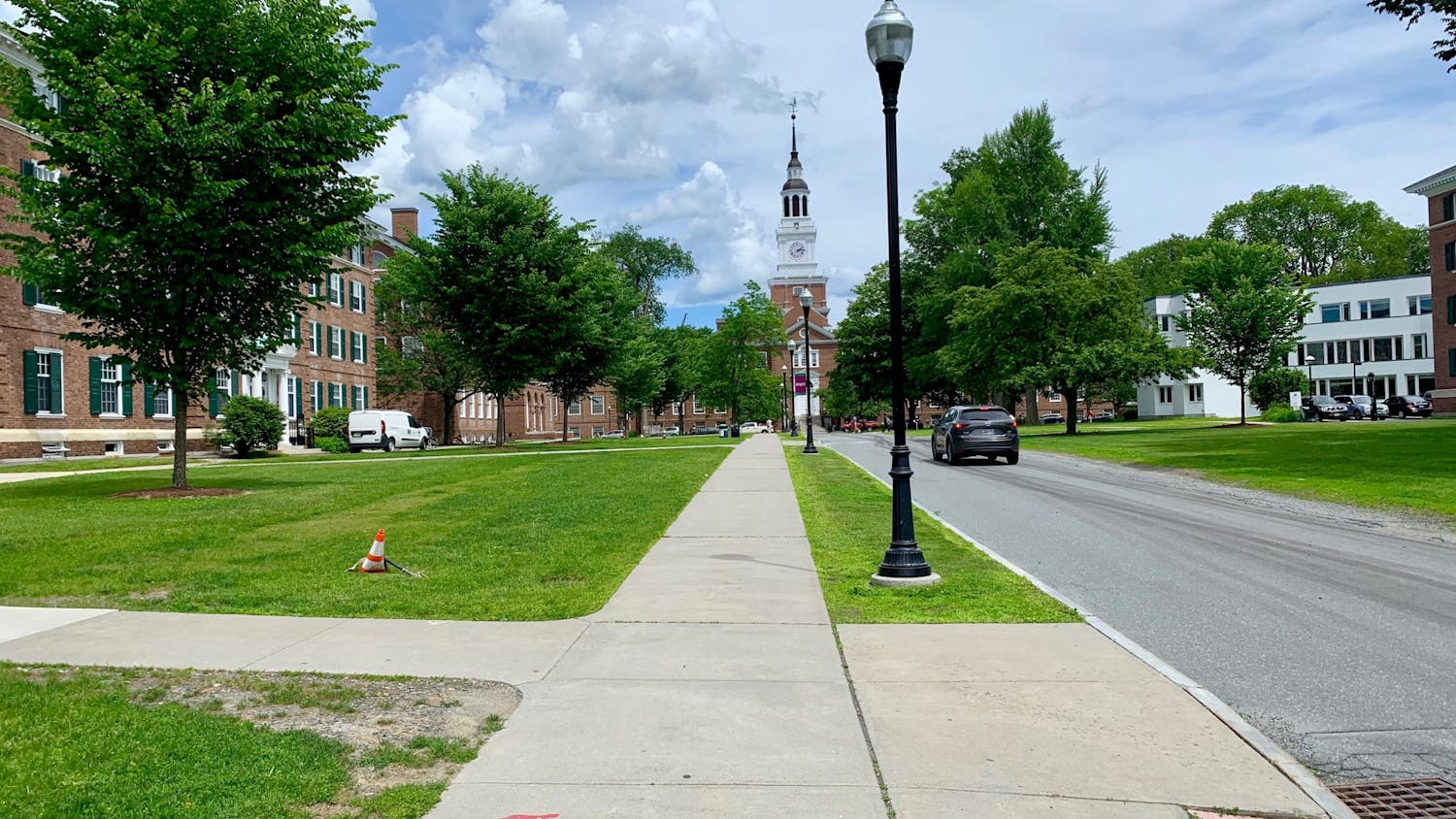Although many internship opportunities have returned to an in-person format, Dartmouth has continued not to offer funding for any in-person internships that require travel. Some students pursuing unpaid internships say they have faced financial difficulties.
The COVID-19 task force’s travel safety group made the initial decision to restrict funding to remote internships in March after student internship coordinators contacted them for guidance, though the restrictions remain in effect today. COVID-19 task force co-chair Lisa Adams declined to comment on the rationale for the policy staying in place.
College spokesperson Diana Lawrence wrote in an email statement that the pandemic “severely restricted” the College’s “ability to support students domestically and abroad because of the demands placed on available resources around the world, high transmission rates and border closures.”.
Lawrence wrote that Dartmouth’s travel prohibition applies to travel that the College “requires, supports, supervises, controls or manages” and is “financially supported” by the College. She added that travel to and from campus is “separate” from the use of College internship funding to support internship related travel.
While many peer universities do not explicitly prohibit funding for internships, they have similar restrictions regarding university-sponsored travel. Harvard University has announced that all “university-related travel,” foreign and domestic, is prohibited “until further notice.” Similarly, Princeton University announced that only “essential University-sponsored domestic travel” is permitted, such as for “critical research needs.”
Dartmouth’s internship funding policy has not been without controversy. According to Student Assembly president Cait McGovern ’21, SA is in ongoing discussions with College administrators about providing funding for in-person internships. McGovern added in an email statement that SA is aiming to “give students flexibility” to pursue in-person internships, given that “half of the student body” is allowed to travel to campus.
According to Rockefeller Center for Public Policy assistant director Bob Coates, all internships funded by the Rockefeller Center through winter term are required to be remote. Coates added that a decision on whether in-person internship funding will be permitted for spring is expected sometime in “mid-December.”
“We’re hopeful that the College might consider altering the domestic travel prohibition to allow for in-person internships,” Coates said. “I think a lot of that will have to do with how [COVID-19] conditions are looking nationally.”
Although funding is provided for remote internships, the size of the grants are significantly lower than funding for in-person internships due to what directors described as a lower cost of living for students remaining at home. Coates added that at the Rockefeller Center, all remote student interns receive a flat $2,000 grant, down from the maximum award of $4,500 previously offered for in-person internships.
Although less funding is provided for remote internships, both Dickey Center for International Understanding interim director Christianne Hardy and Dartmouth Center for Social Impact director Tracy Dustin-Eichler said that the total amount of funding allocated for internship funding has stayed “roughly the same,” allowing both centers to fund more students than in previous years.
“Because students’ living expenses are generally lower for those living at home, we were able to provide funding for more students than we have typically had in the past,” Dustin-Eichler said.
Some students have expressed frustration at the lower stipends and the lack of funding for in-person opportunities.
Ben Vagle ’22 said that “it’s a bummer” the College will not provide funding for his in-person internship at the Department of Defense in Washington, D.C. this winter. Vagle added that although he could do his internship remotely, his employers are “strongly encouraging” him to travel to D.C., an opportunity Vagle hopes to take advantage of.
“I understand that it may be difficult for the College to provide funding for these opportunities, but having this funding is really important for being able to pursue some of these really cool internship opportunities in person,” Vagle said.
Anastasia Perez Ternent ’22 said that she received a “decent” amount of funding for her remote internship at Freedom House. She did not live at home during her internship, and she added that she was “lucky” to have a friend in Boston who let her pay “a very low rate” for her rent.
“The funding I had was just enough to cover my living expenses in Boston, but I needed the help from my friend to make things work,” Perez Ternent said.
Despite the transition to the remote formats, many organizations have continued to work with the College to provide remote opportunities. Coates said that while many congressional offices have not offered remote opportunities, government agencies and think tanks continue to provide remote options. Similarly, Hardy said that the Dickey Center has offered more pre-arranged internships for students through Dartmouth’s alumni networks.
“We’re working really hard to establish more partnerships with international organizations, largely because it might be harder for students to identify opportunities themselves in the current environment,” Hardy said.
Despite some financial difficulties, student feedback on remote internship experiences so far has largely been positive, according to Coates.
He said that while students recognized that they “didn’t secure all of the advantages” of an in-person internship, many of them were able to “work collaboratively” and “network” in their respective organizations.
“We were pleasantly surprised at how our partner organizations were willing to work with students to build international connections through social opportunities like virtual coffee hours,” Hardy said.
Perez Ternent said that while she “missed” being able to work in Freedom House’s offices, she was able to spend “a lot of time” working with staff.
“There were definitely positives and negatives but I really enjoyed my experience,” Perez Ternent said. “With the remote environment, I was able to sit in on a lot of calls I wouldn’t have been able to engage with in the office.”




